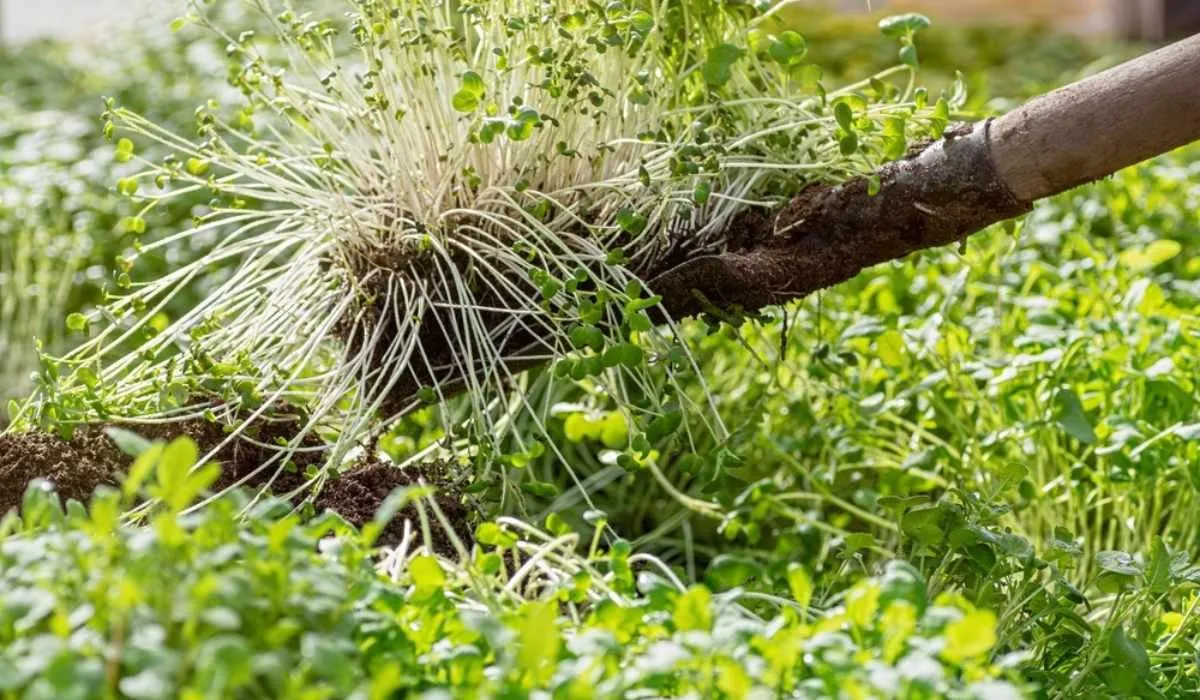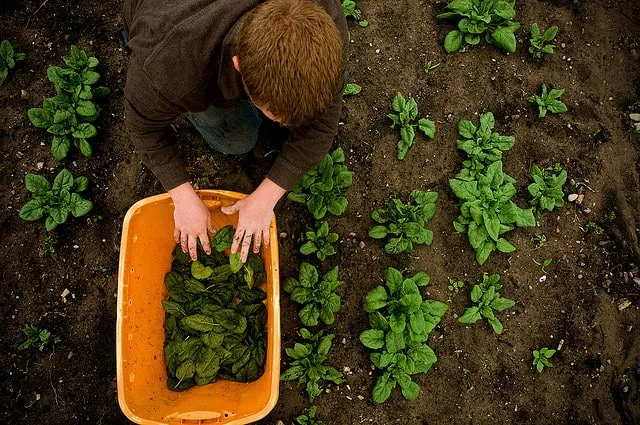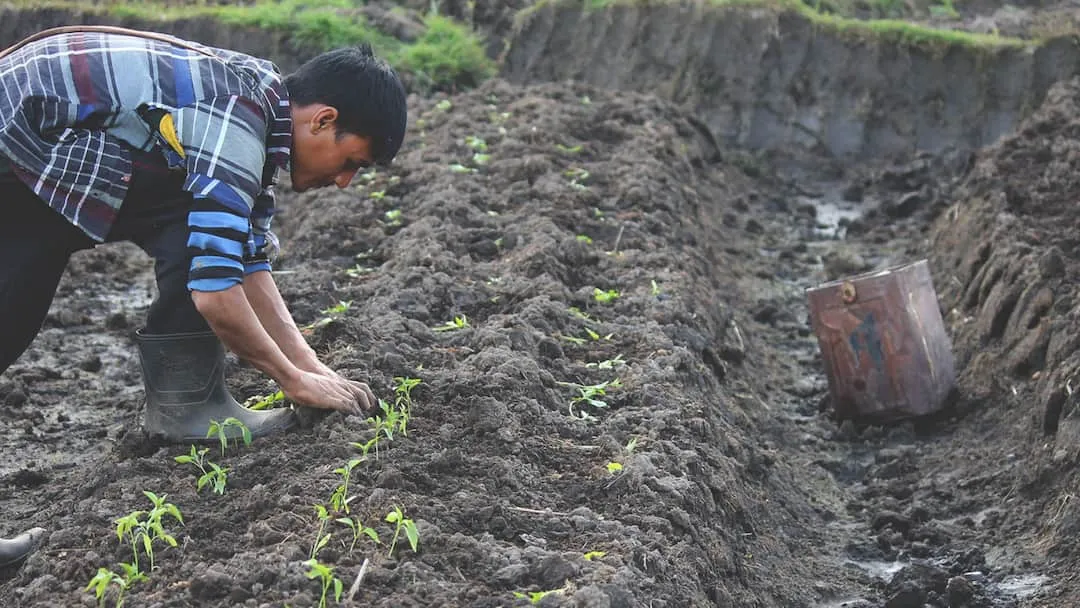For some time now, the transformation that conventional or synthetic agriculture has been undergoing has been correlated with the emergence of other global processes that occurred in society at the same time; in particular, the emergence, development and deepening of capitalism in the world, which in turn gave way to organic agriculture.



▶ Organic agriculture is also known as ecological or biological agriculture where production systems for food, fiber and other agricultural products exclude the use of synthetic fertilizers, pesticides, growth regulators and feed additives.

▶ Credits: Zizira.. – [Image of Public Domain]
≕ I invite you to stay tuned and read my next contribution ≔
Also included are crop rotation, use of animal manure, legumes, green manures, organic residues originating outside the farm, mechanical cultivation, natural minerals and aspects of biological pest control to maintain soil structure and productivity, provide plant nutrients and control insects, weeds and other pests.
It is an alternative system that requires safe procedures to opt for a different product at the consumer level, to define the conceptual framework that encompasses this trend as an alternative system of agriculture.
Reason why we must refer to concepts not only descriptive but also normative for the achievement of a healthy agriculture, and this includes a social, economic and psychological situation that develops in a biophysical environment where when introducing this idea we are confronted with certain values, ideologies and policies.

In this sense, society must define the terms and objectives of sustainability and the achievement of an agriculture that is as healthy and humane as possible. To achieve this, organic agriculture must be understood as a production system that can contribute to the generation of knowledge and scientific approaches that allow us to advance and better understand agricultural systems, as is the case of agroecology.
NOTE: Reference material.